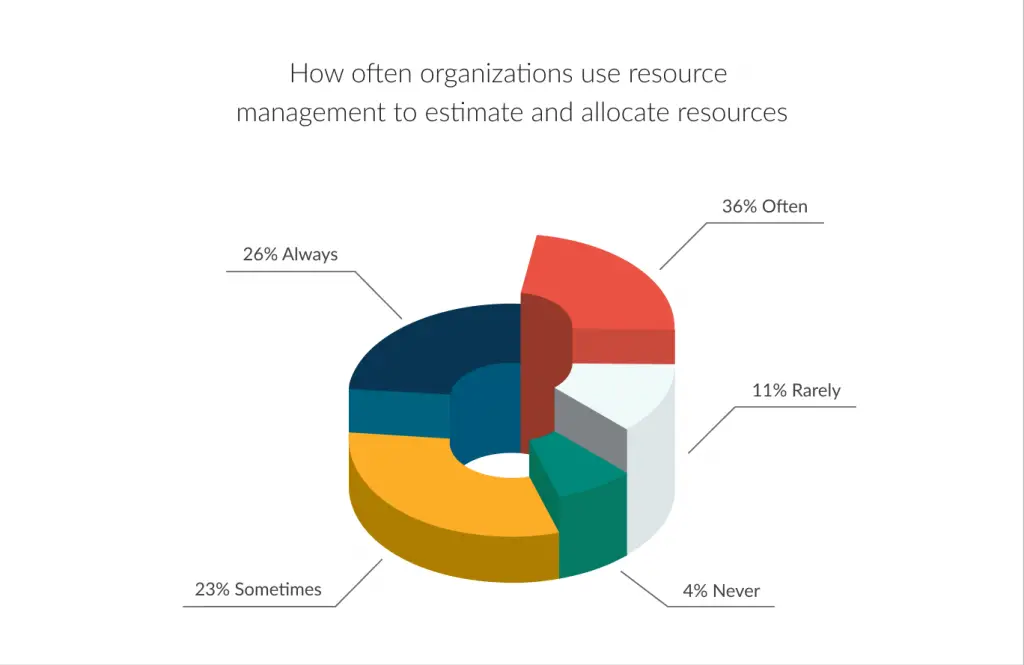Resource Management Mishaps: Properly Allocating and Freeing Resources

Resource management is a critical aspect of software engineering, as it ensures that resources are efficiently allocated and freed when no longer needed. Failure to properly manage resources can lead to performance issues, memory leaks, and even security vulnerabilities.

Proper Resource Allocation

When allocating resources, it is important to consider the following principles:
- Granularity: Divide resources into the smallest possible units to avoid over-allocation and wastage.
- Pooling: Create resource pools to reduce allocation overhead and improve performance.
- Caching: Store frequently used resources in memory to speed up access.
Resource Deallocation
Once a resource is no longer needed, it should be properly freed to prevent memory leaks and other issues. The following practices are essential:
- Destructors: Use destructors in object-oriented languages to automatically free resources when objects are deleted.
- Manual Deallocation: Explicitly free resources using language-specific commands (e.g.,
free()in C,deletein C++). - Garbage Collection: In languages with automatic garbage collection (e.g., Java, Python), the runtime frees resources as needed.
Consequences of Mismanagement
Mismanagement of resources can have severe consequences:
- Performance Issues: Over-allocation can lead to system slowdown and increased memory usage.
- Memory Leaks: Failure to free resources can cause memory to be occupied indefinitely, leading to system instability.
- Security Vulnerabilities: Uncontrolled resources can be exploited by attackers to execute arbitrary code or escalate privileges.
Best Practices
To avoid resource mismanagement, it is recommended to adopt the following best practices:
- Use Resource Management Libraries: Leverage existing libraries that handle allocation and deallocation efficiently (e.g., Boost.Pool, C++ Smart Pointers).
- Enforce Proper Usage: Define clear rules and policies for resource management and enforce them through code reviews and testing.
- Monitor Resource Usage: Use monitoring tools to track resource utilization and identify potential issues.
- Educate Developers: Encourage developers to understand the importance of resource management and train them on best practices.
By adhering to these principles and practices, developers can ensure the efficient and reliable use of resources, minimizing the risks associated with mismanagement.## Resource Management Mishaps: Properly Allocating and Freeing Resources
Executive Summary
Resource management is crucial for ensuring optimal performance and efficiency within any system. Mishaps in resource allocation and freeing can lead to severe consequences, including system crashes, data loss, and security breaches. This article explores common resource management mishaps and provides practical strategies for preventing and mitigating their impact. By employing effective resource management techniques, organizations can optimize system performance, reduce downtime, and enhance overall resilience.
Introduction
Resource management is a fundamental aspect of computer science, involving the allocation and freeing of resources within a system. Resources can include physical components such as memory and storage, as well as software elements such as threads and file handles. Proper resource management ensures that these resources are efficiently used and released when no longer required, preventing resource exhaustion and system instability. Failure to adhere to proper resource management principles can result in a range of mishaps, significantly compromising system performance and reliability.
Frequently Asked Questions (FAQs)
-
What are the consequences of neglecting resource management?
- System crashes due to resource exhaustion
- Data loss or corruption
- Performance degradation
- Security vulnerabilities
-
How can I identify potential resource management issues?
- Monitor resource utilization using system tools
- Analyze system logs for error messages
- Conduct periodic performance evaluations
-
What are some best practices for effective resource management?
- Use memory and garbage collection mechanisms
- Implement resource pooling techniques
- Enforce resource allocation limits
- Release resources promptly when no longer needed
Resource Management Mishaps
1. Memory Leaks
- Description: A memory leak occurs when a program allocates memory but fails to release it, leading to gradual depletion of available memory.
- Important Considerations:
- Unfreed memory becomes inaccessible, causing a reduction in system performance.
- Memory leaks can accumulate over time, eventually exhausting all available memory and causing the system to crash.
- Detecting and resolving memory leaks requires careful analysis of code and resource usage.
2. Deadlocks
- Description: A deadlock occurs when multiple threads or processes indefinitely wait for resources held by each other, resulting in system lockup.
- Important Considerations:
- Deadlocks can lead to severe performance degradation or even system crashes.
- Preventing deadlocks requires proper synchronization and resource ordering mechanisms.
- Deadlock detection and resolution techniques help in breaking resource dependencies and resuming system operation.
3. Race Conditions
- Description: A race condition occurs when multiple threads or processes concurrently access shared resources without proper synchronization, leading to unpredictable and erroneous behavior.
- Important Considerations:
- Race conditions can cause data corruption, incorrect calculations, or inconsistent system state.
- Ensuring proper synchronization through locking mechanisms is essential for preventing race conditions.
- Testing and debugging race conditions can be challenging due to their intermittent nature.
4. Resource Exhaustion
- Description: Resource exhaustion occurs when a system’s resources are fully consumed, leading to system failure or performance degradation.
- Important Considerations:
- Resources such as memory, storage, threads, or file handles can be depleted, resulting in application crashes or system instability.
- Monitoring resource utilization and enforcing allocation limits are crucial for preventing resource exhaustion.
- Implementing failover mechanisms and resource reservation techniques can mitigate the impact of resource shortages.
5. Resource Overallocation
- Description: Resource overallocation occurs when a system allocates more resources than are available, leading to system crashes and data loss.
- Important Considerations:
- Overallocation can arise from incorrect resource estimation or improper allocation mechanisms.
- Enforcing resource quotas and maintaining a buffer of available resources can prevent overallocation.
- Implementing exception handling and resource rollback strategies allows for graceful failure in case of overallocation.
Conclusion
Resource management mishaps can have severe consequences for system performance and reliability. By understanding common resource management issues and implementing effective techniques, organizations can prevent and mitigate these mishaps, ensuring optimal system operation and resource utilization. Proper resource management strategies not only enhance system efficiency but also contribute to overall system stability and resilience, enabling organizations to maximize the benefits of their computing resources and achieve their business objectives.
Keywords:
- Resource Management
- Memory Leaks
- Deadlocks
- Race Conditions
- Resource Exhaustion

